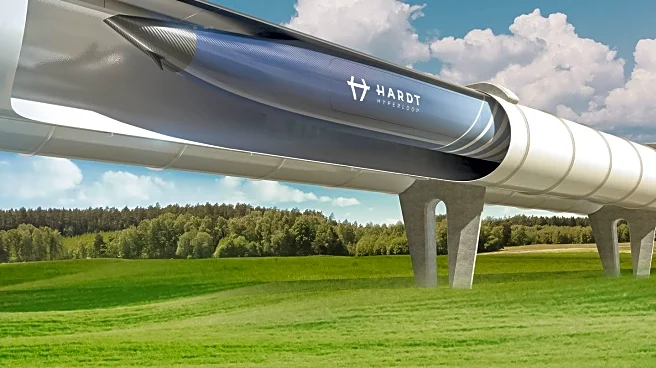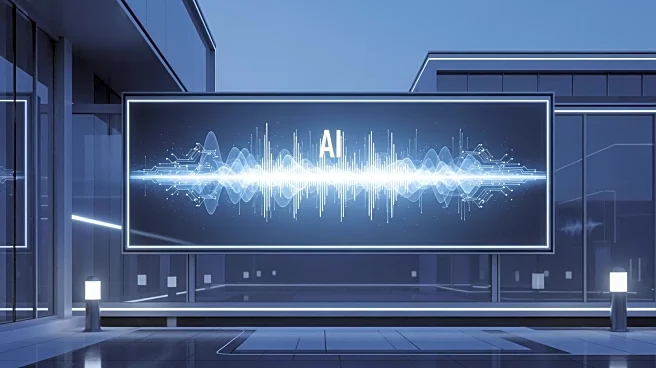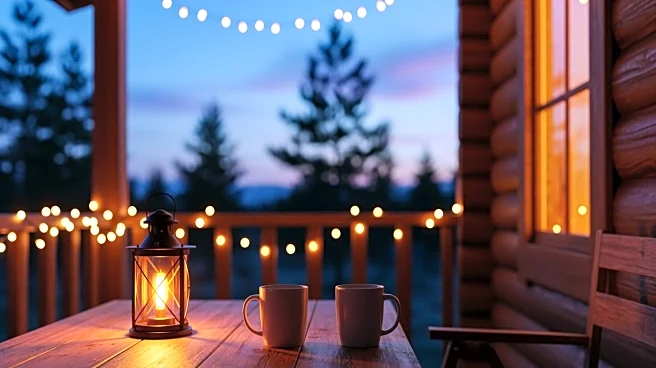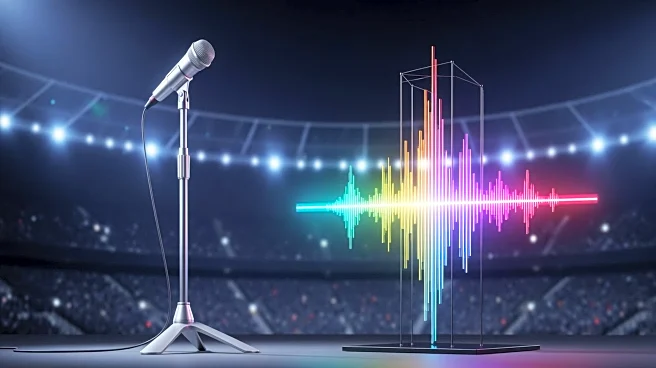What's Happening?
Microcations, defined as vacations lasting fewer than five nights, are gaining popularity among Americans seeking to maximize their travel experiences without extensive time commitments. These short trips
typically focus on nearby destinations accessible by car or train, allowing travelers to explore more places throughout the year. The concept is not new, but its appeal has grown due to modern challenges such as limited vacation time, tighter budgets, and environmental concerns. Microcations offer a lower-cost travel option that also reduces carbon emissions compared to long-haul flights, making them a sustainable choice for those conscious of their environmental impact.
Why It's Important?
The rise of microcations highlights a shift in travel preferences, where individuals prioritize frequent, short trips over traditional vacations. This trend is significant as it addresses the challenges of limited vacation time and budget constraints, offering a practical solution for those seeking meaningful travel experiences. Microcations also cater to the increasing demand for quick mental resets, providing a way to escape routine and recharge without significant time or financial commitments. As more people embrace this travel format, it could lead to changes in how the travel industry designs and markets its offerings.
What's Next?
As microcations continue to gain popularity, travel companies and destinations may adapt their services to better accommodate this trend. This could involve creating specialized packages that focus on local exploration, cultural experiences, and relaxation, all within a short timeframe. Destinations that are easily accessible and offer a variety of activities within a compact area may see increased interest from travelers seeking microcations. Additionally, advancements in technology could further streamline the planning and booking process, making it easier for consumers to organize these short trips efficiently.
Beyond the Headlines
The rise of microcations may also influence broader cultural and societal shifts, encouraging individuals to prioritize regular, intentional breaks over longer vacations. This could lead to changes in work-life balance, with more emphasis on frequent escapes to recharge. The trend may also impact local economies, as travelers opt for nearby destinations, potentially boosting tourism in smaller cities and towns. Furthermore, the focus on intentional travel experiences may foster deeper connections with local cultures and communities, promoting sustainable and responsible tourism practices.










